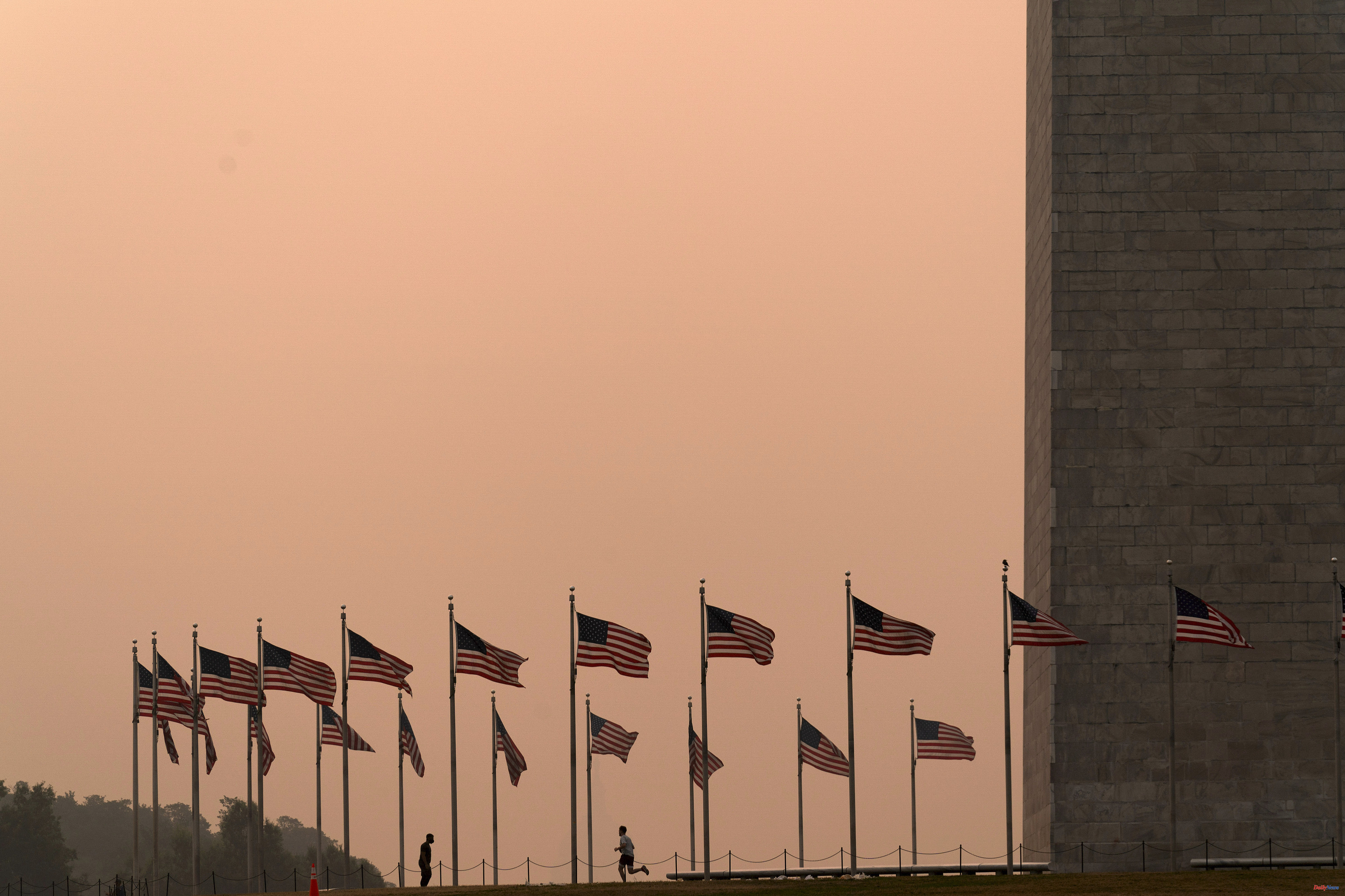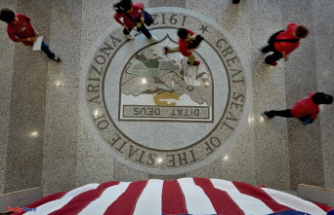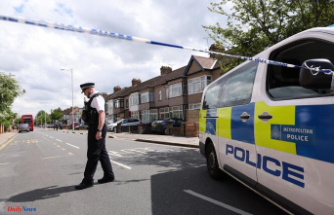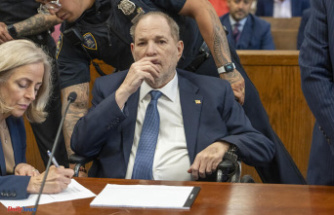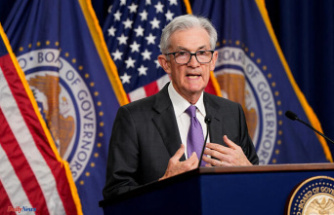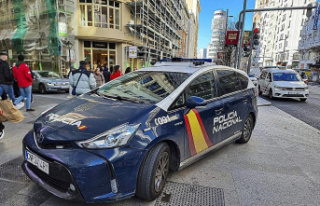The children in Washington did not go outside during recess. The city's zoo was closed to the public. And, in the facilities, a two-year-old gorilla had to be locked inside one of the buildings so that he would not breathe the air, described by the authorities as "extremely harmful", of the US capital. A capital in which it was enough to go out into the street to breathe what looked like smoke from a barbecue and in which asthmatics who had to go to work had become the best customers for Uber and its competitors Lyft and Empower because they had to go to work by taxi to avoid discomfort and a feeling of suffocation.
All this happened through the huge fires in the forests of the province of Quebec, 2,000 kilometers in a straight line north of the US capital. Adapting it to European dimensions, it is as if the inhabitants of Madrid had to restrict their activities due to the fires in Warsaw (Poland) or in Cairo (Egypt). The situation, with more than 400 fires, of which only a few are under control, is reaching apocalyptic dimensions, with dozens of flight cancellations, and the return of face masks to pedestrians, as in the worst times of the Covid-19.
Pollution has improved slightly in New York, which on Wednesday was the worst affected region. But today it has worsened in the south. The city of Philadelphia -more or less between New York and Washington- is the one that is in the worst conditions. Within the pollution scale used in the US, which goes from zero to 500, the "dangerous" level is reached at 300. Today, Washington is slightly below that number. But on Tuesday, New York even hit 400, making it the most polluted big city in the world. In total, some 50 million people in the US and Canada live in regions with unhealthy air or directly dangerous due to fires.
The weather conditions and the progress of the fires themselves mean that the US and Canadian authorities expect the crisis to last for several days, with its sequel of respiratory diseases, suspension of outdoor activities -including sporting events- and flight cancellations. The situation may improve next week as a westerly wind blows pollution into the Atlantic Ocean, far from major US cities. Of course, that's not to say that the toxic cloud that obscures the sun will disappear, just that it won't be visible. The environmental catastrophe will still be there, albeit far from the eyes - and noses and throats - of the citizens and the news of the media.
Canadian Prime Minister Justin Trudeau, a liberal, has appealed to the United States, Mexico and the European Union for help. In fact, a large part of the aerial resources that fight the fires in Quebec are American, and the president of that country, Joe Biden, has insisted that he is going to provide whatever help is necessary to his northern ally.
According to the criteria of The Trust Project

